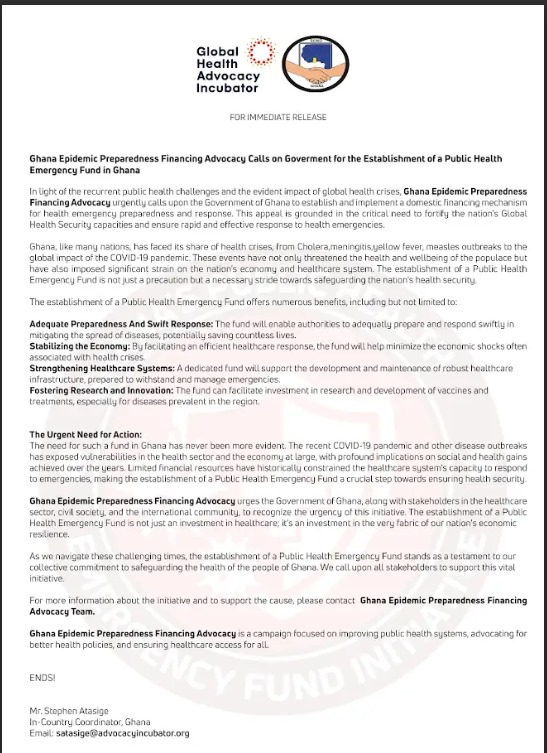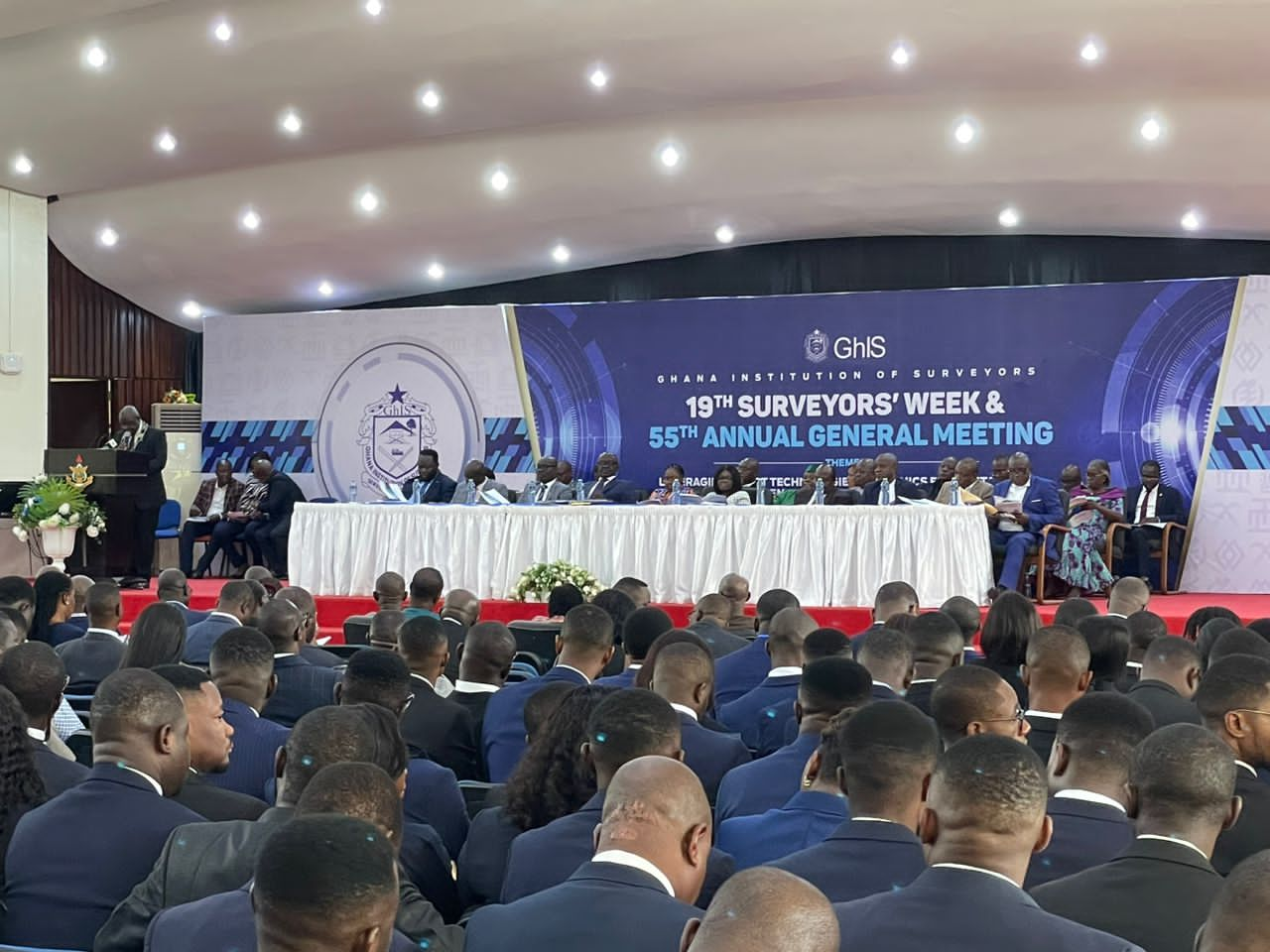
Government has pledged its commitment to support the establishment of a regulatory body for the construction industry.
The regulatory body, which would be known as Construction Industry Development Authority (CIDA), would champion the regulation and strategic development of the construction sector and formulation of regulations, standards and codes to guide practices and procedures.
Mr Alan John Kwadwo Kyeremanten, Minister of Trade and Industry, made the disclosure in a speech read on his behalf at the 9th Annual Convention and Exhibition of the Association of Building and Civil Engineering Contractors of Ghana (ABCECG), in Accra, on Thursday.
The event was held on the theme: ‘‘Promoting an Effective Construction Industry for Sustainable Development-The Need for a Regulator’’
The occasion was also used to launch a five-year strategic plan of the Association that would streamline its activities and equip members to be abreast with the modern trend in the sector and promote creativity and innovation.
The Minister said the regulatory body would also advise government on relevant aspects of the construction industry, register contractors and consultants, and enterprises linked to the construction industry, as well as suppliers of materials, and monitor and control their performances.
He reiterated government’s commitment to creating an enabling environment for the construction sector to thrive and contribute to the growth of the economy.
Mr Kyeremanten noted that the industry could influence the competiveness of enterprises within the economy and further affect the ability of the nation to attract foreign investments.
According to him, the construction industry was a key sector of the economy because the outputs and outcomes of their activities contributed to the national socio-economic development by providing physical infrastructure for the production and distribution of all goods and services.
He said: ‘‘The industry has many complex linkages to the other sectors of the economy, and can stimulate activities in these sectors. That is to say, the industry uses materials and components made by the manufacturing sector and use the services of financial, legal and other professional bodies’’.
Improving the regulatory environment would therefore reduce the cost of doing business and enhance the competiveness of businesses in the country, he noted.
He said government was undertaking initiatives to create an enabling environment for the development of the private sector, hence the reduction in taxes, interest rate and the Corporate Tax from 25 per cent to 20 per cent.
In addition, he disclosed that there would be a legislation to ensure that over time, 70 per cent of all government projects and procurement would be executed by local corporations and enterprises.
Mr Martin Kwasi Nnuro, the National President of ABCECG, said the Association would continue to strengthen and collaborate with the governmental agencies for their mutual benefit.
He mentioned delayed payment of projects executed by the members as one of the challenges facing them and expressed optimism that the new government would address it in earnest.
Nana Dr Osei-Bonsu, the President of the Ghana Chamber of Commerce and Industry, who chaired the function, added his voice to call for early payment of contractors, saying ‘‘construction requires money therefore if government delays in paying us, it makes it difficult for us to raise money to undertake other projects’’.
He advised contractors to refrain from paying bribes to officialdom because that would eventually hunt them, saying, ‘‘don’t pay bribes but let’s convince them that we can do the work and after the work is fully completed and quality work done, and you have so much profit, anyone who helped you in the way, you can buy a nice cloth and say God bless you’’.
GNA



















Facebook
Twitter
Pinterest
Instagram
Google+
YouTube
LinkedIn
RSS